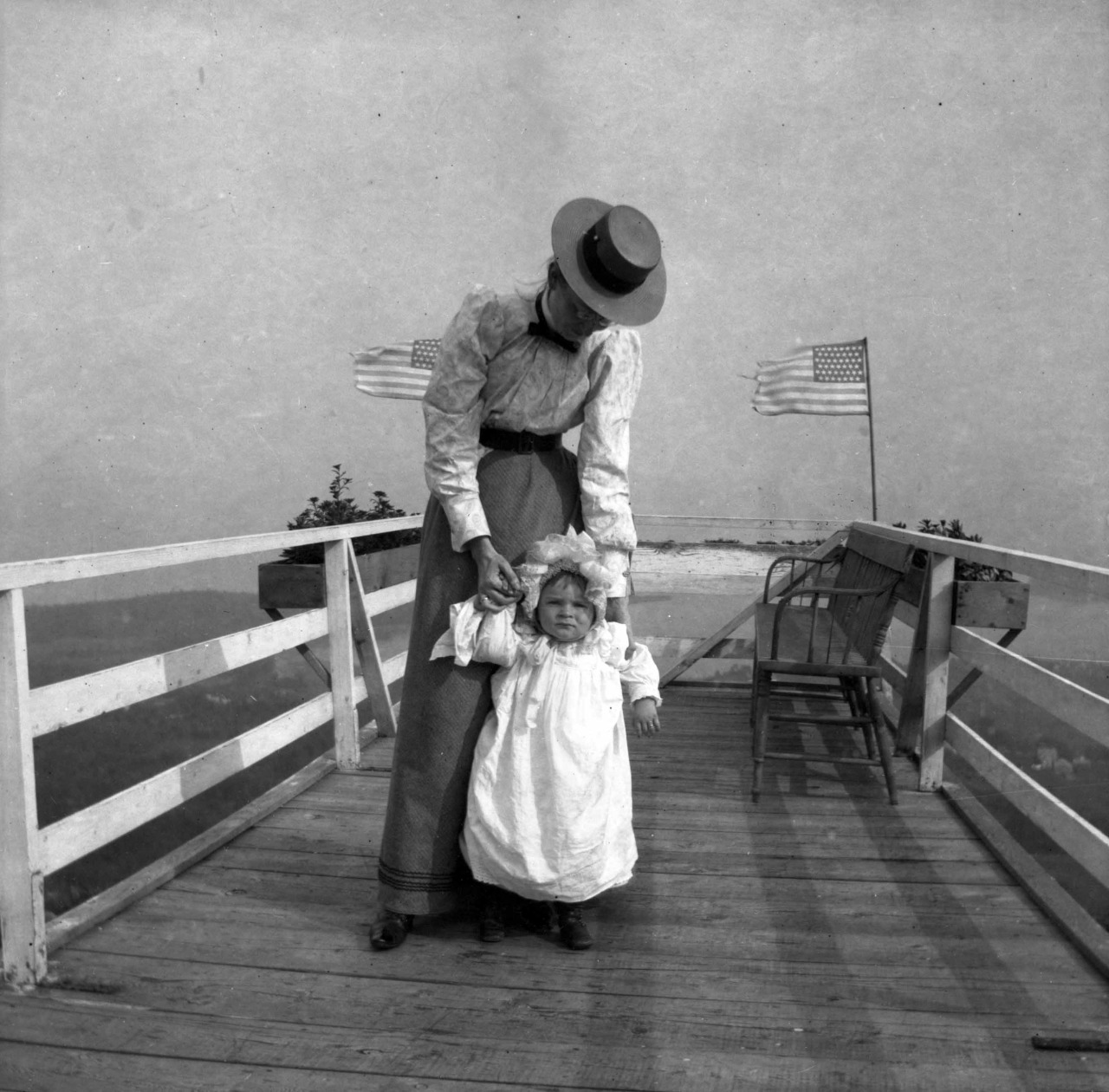 Many people walk around under the illusion that they don’t need insurance. Unfortunately, this illusion is a dangerous mirage that can create a perilous financial future for those who buy into it. In order to show you just how necessary insurance is for every individual, let’s talk about vampires.
Many people walk around under the illusion that they don’t need insurance. Unfortunately, this illusion is a dangerous mirage that can create a perilous financial future for those who buy into it. In order to show you just how necessary insurance is for every individual, let’s talk about vampires.
Why Vampires?
Okay, so vampires don’t seem very relevant, but consider this: according to modern mythology, not only do vampires sparkle in the sun but they are also immortal, may be able to read minds, can have super strength and speed, and are generally less vulnerable than humans—as long as the sun isn’t out. So if there’s anyone who doesn’t need insurance, surely a vampire would fit the bill, right? Wrong.
Vampire Insurance
- Vampires need life insurance. Why in the world would the immortal need a life insurance policy, you ask? Well, even the eternally undead are not impervious to fire, wooden stakes, silver bullets and the errant ray of sunlight. With a life insurance policy, a vampire can easily leave a suitable legacy while also providing the means for a fitting funeral.
- Vampires need business insurance. With thousands of years of life stretching before them, vampires must have a perpetual means for generating an income. Their independent spirit would likely create an entrepreneurial streak leading to the creation of their own businesses. Business insurance could help a vampire protect his business against liabilities, cyber theft, content damage and more.
- Vampires need home insurance. If a man’s home is his castle, then a vampire’s home is … well … really his castle because, as everyone knows, vampires would totally live in castles. But these castles wouldn’t be empty or filled with cheap furniture. Instead they would be filled with valuable antiques the vampire had collected over her several lifetimes. And, in the bedroom, an expensive casket for spending daylight hours away from the sun. In the event of a fire, theft, hurricane, or other covered peril, said vampire would rely on a home insurance policy to replace the value of her property and rebuild her palace.
- Vampires need auto insurance. What kind of car would a vampire drive? Well, one with a sense of irony might decide to travel around in a hearse. Others might prefer a car of regal bearing that complements their strength and power. Whatever car a vampire chooses, late night driving and searching for a midnight snack of jugular could someday result in an accident, theft or vandalism, not to mention the potential of an act of nature to bring destruction. Not only can an auto insurance policy protect a vampire against losses from damage done to his car, but it can also pay bodily injury and property damage liability costs.
The living dead might exist only in the hearts and minds of readers and moviegoers, but the risks that they would be exposed to are real and are faced by mere mortals every day. To get the policies that even a vampire would need, and maybe some they wouldn’t, give us a call today! 616-897-1515




 Smoking is a nasty, hazardous habit. Doctors know it. Advertisers know it. Even you know it. You’ve probably been told time and time again about the many studies that have been conducted which concluded that the chemicals in cigarettes can cause or contribute to severe illnesses such as lung disease, stroke, various forms of cancer, and more. This is all old news already. But here’s some news that may actually be new to you. Smoking can send the cost of your life insurance premium skyrocketing.
Smoking is a nasty, hazardous habit. Doctors know it. Advertisers know it. Even you know it. You’ve probably been told time and time again about the many studies that have been conducted which concluded that the chemicals in cigarettes can cause or contribute to severe illnesses such as lung disease, stroke, various forms of cancer, and more. This is all old news already. But here’s some news that may actually be new to you. Smoking can send the cost of your life insurance premium skyrocketing.
 “If I’m Single and Without Children, I Don’t Need Coverage”
“If I’m Single and Without Children, I Don’t Need Coverage”




























